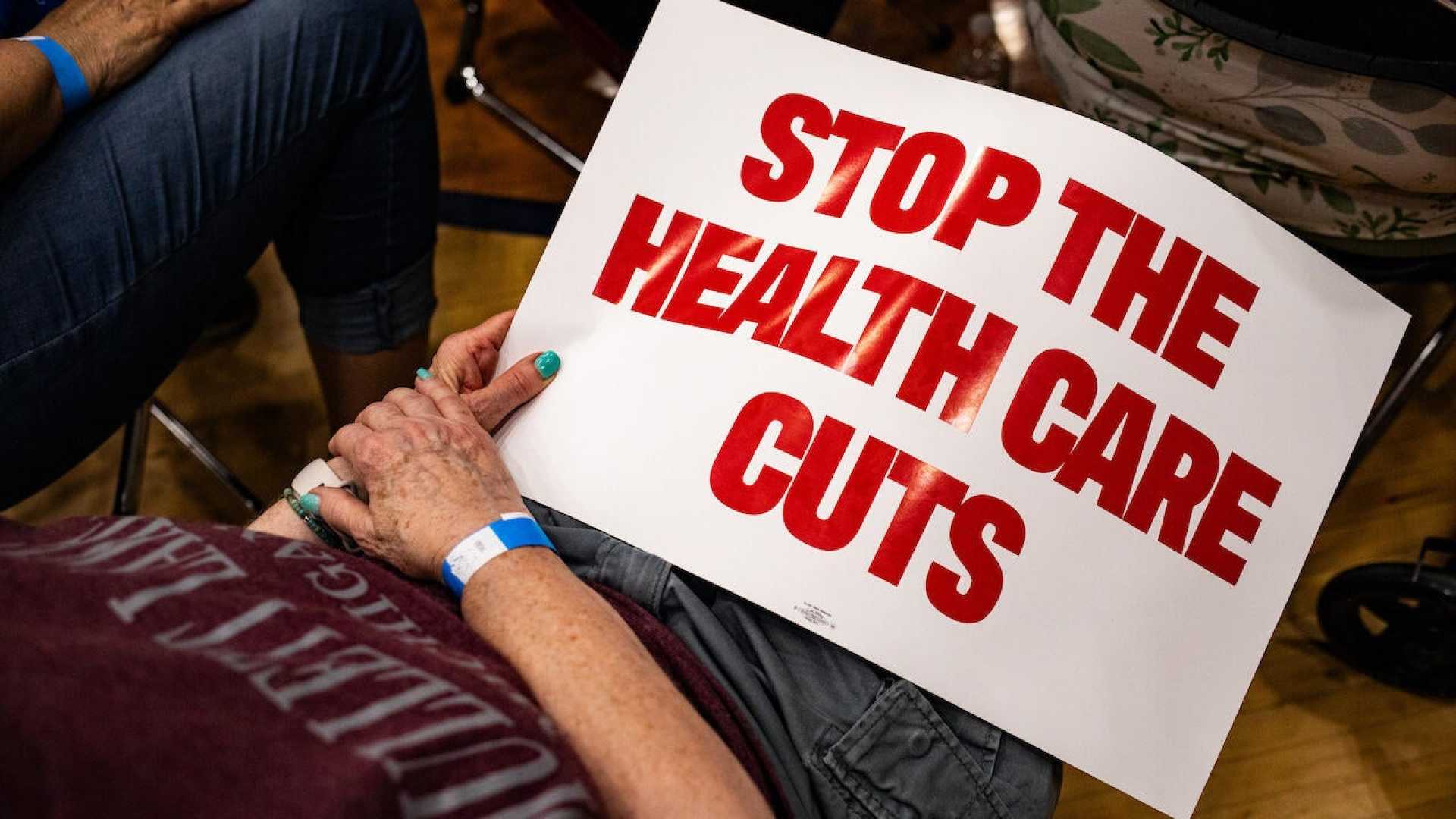Health
Trump’s Tax Bill Could Cut Medicaid, Affect Millions’ Health Care Access

WASHINGTON, D.C. — President Donald Trump‘s “One Big Beautiful Bill” aims to reduce federal spending on Medicaid and Affordable Care Act (ACA) marketplaces by about $1 trillion over the next decade, according to the Congressional Budget Office (CBO). If passed, the legislation could result in millions of Americans losing health coverage.
The proposed cuts threaten the healthcare gains made during the Biden and Obama administrations, which helped lower the uninsured rate to historic lows. The CBO estimates that nearly 12 million people could become uninsured by 2034 as a direct consequence of the bill.
The Senate and House must agree on the final version of the legislation before it reaches Trump’s desk. The House passed its own version in May and is expected to consider the Senate’s version this week, according to House Majority Whip Tom Emmer.
One major aspect of the bill introduces a work requirement for Medicaid enrollees, cutting off coverage for those who fail to meet new employment or reporting standards. In 40 states and Washington, D.C., Medicaid enrollees may need to confirm they are working, volunteering, or attending school for at least 80 hours a month.
Health researchers indicate that this requirement might not significantly impact employment levels. Many working-age Medicaid recipients are already employed, searching for jobs, or unable to work due to other obligations. Problems like administrative hurdles and paperwork issues have previously resulted in eligible recipients losing coverage.
Moreover, the GOP’s plan could reduce a longstanding practice that allows states to increase Medicaid payments to hospitals and nursing homes with federal taxes. This funding is crucial for rural hospitals operating on tight margins, and a recent study suggested that more than 300 rural hospitals could face dire consequences because of these changes.
In addition, the bill may complicate the enrollment process for those using ACA marketplace coverage. The annual open enrollment period would be shortened, and residents would have to provide updated information regarding their income and immigration status yearly.
Experts warn that eliminating enhanced subsidies, set to expire without congressional action, could drive premiums up if families struggle to afford healthcare. For Medicaid enrollees, new out-of-pocket costs could arise for certain services, with states allowed to charge fees for medical visits for those earning within specified limits.
Additionally, immigrants may lose their ACA subsidies, adversely affecting their ability to maintain health care coverage. John Slocum, executive director of Refugee Council USA, cautioned that this plan could cause irreparable harm to vulnerable populations.
As the bill progresses through Congress, health advocates continue to voice concerns about its potential impact on millions of Americans and the health care system.












